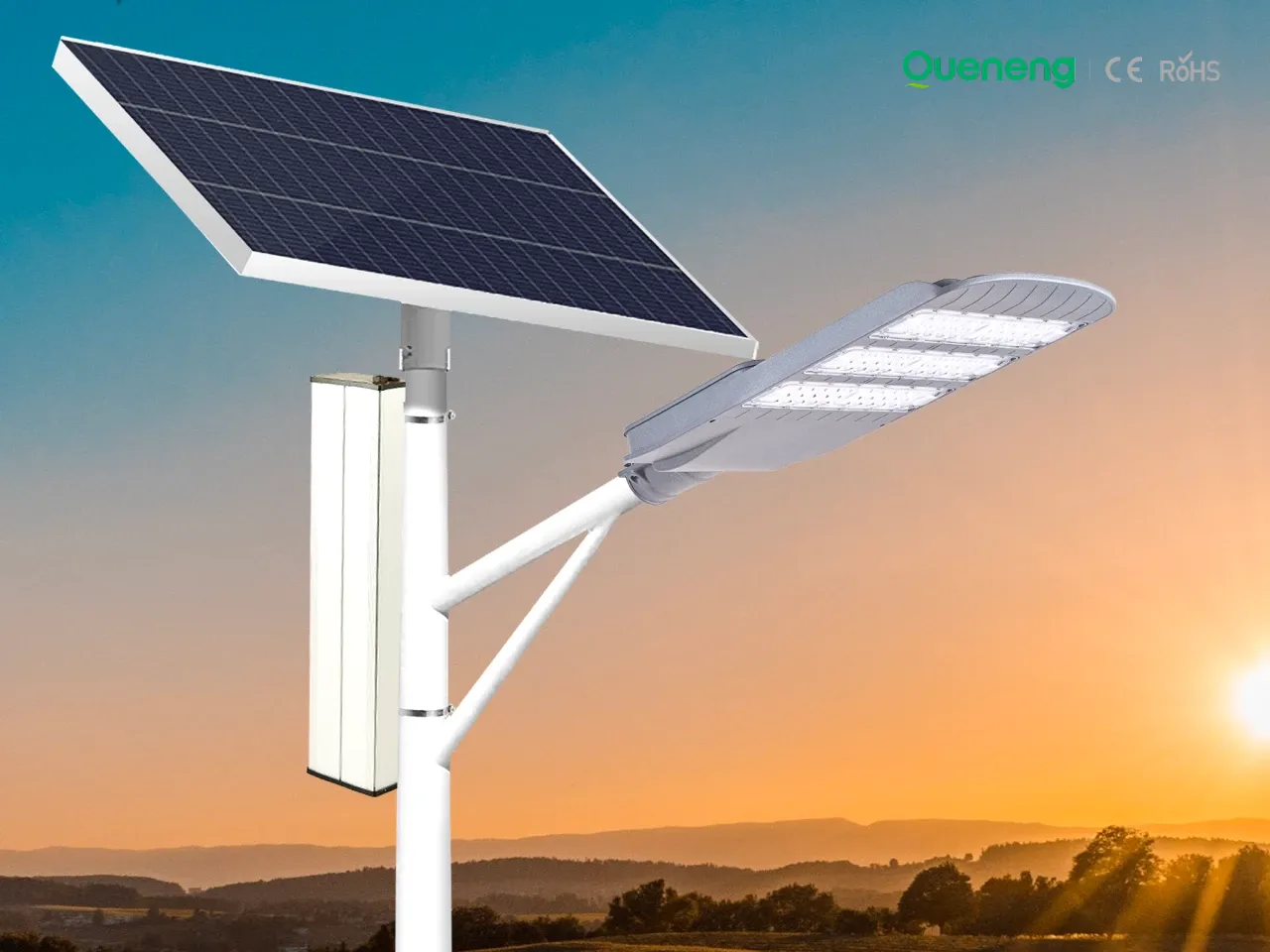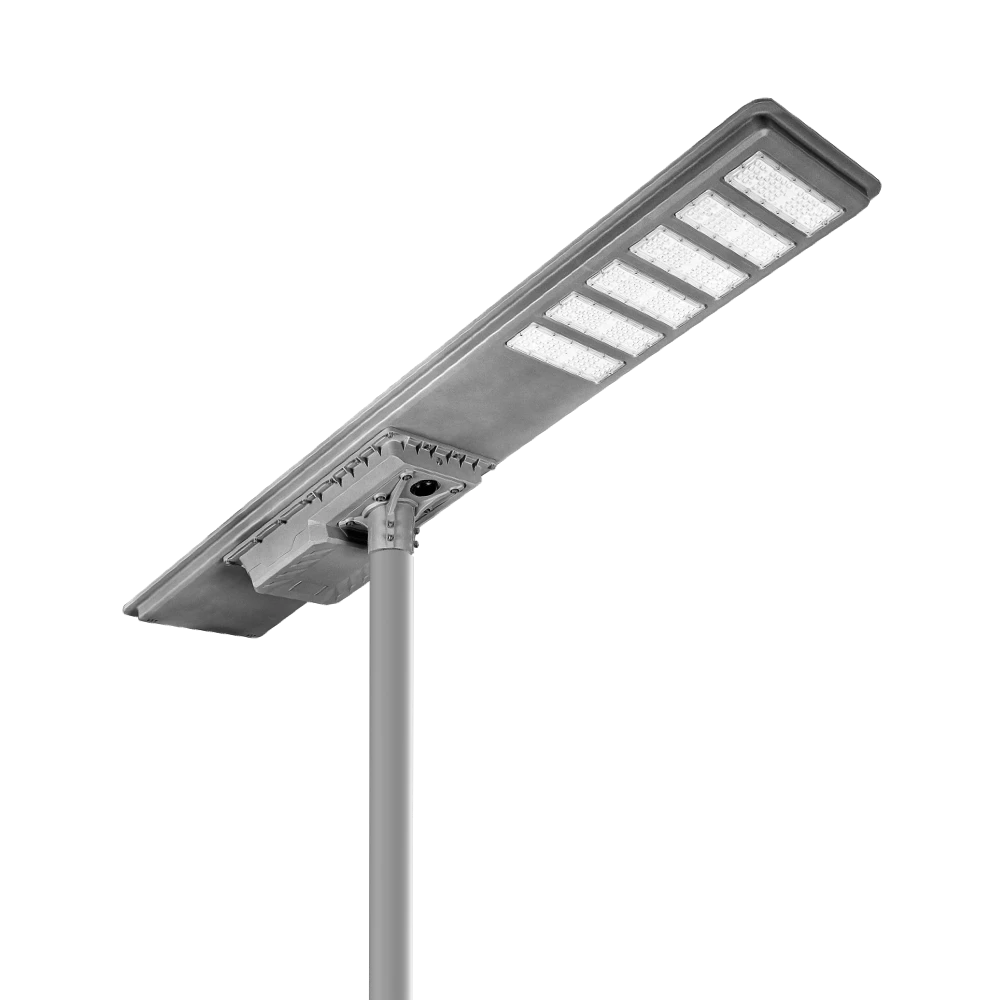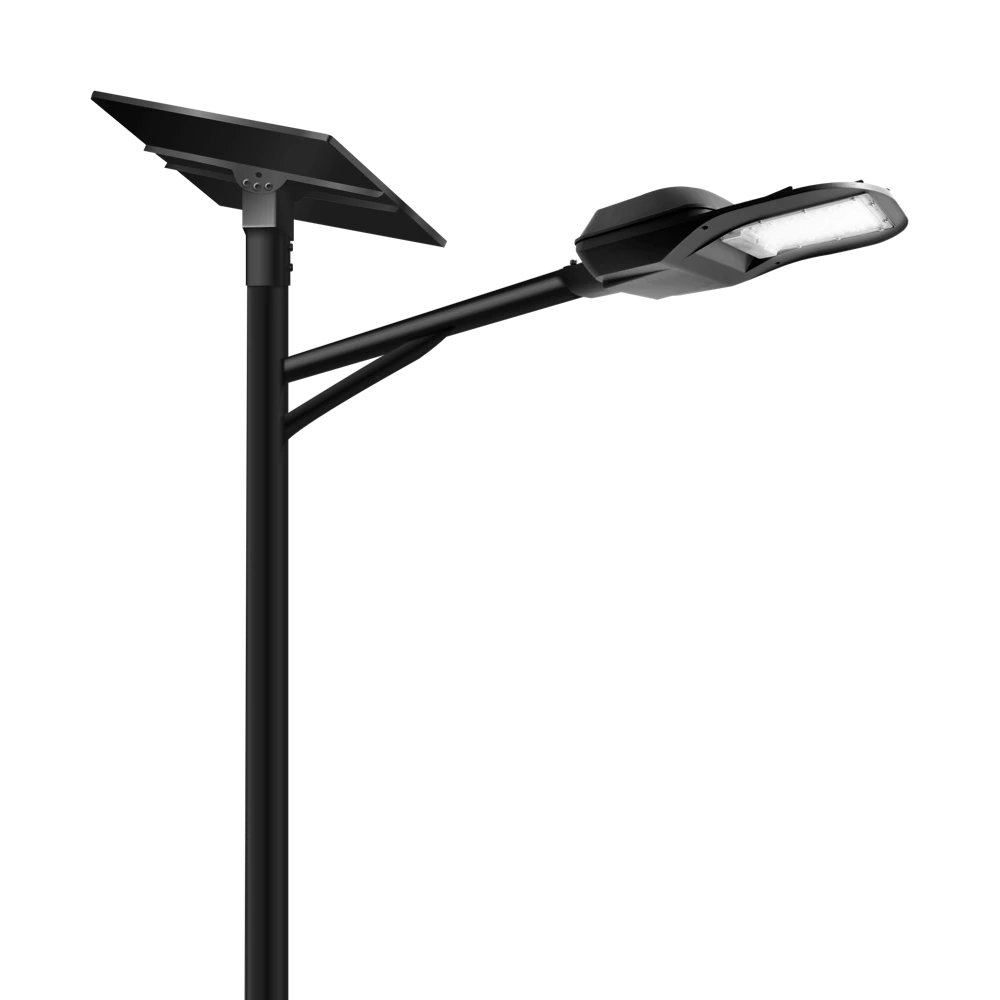OEM off-grid solar lights Tanzania | Insights by Quenenglighting
What are the key quality and durability considerations for OEM off-grid solar lights in Tanzania's climate?
Tanzania's equatorial climate, characterized by high temperatures, intense UV radiation, and distinct rainy/dry seasons, presents unique challenges for off-grid solar lighting. When re-purchasing OEM solar lights, durability and performance are paramount. Key considerations include:
- Battery Technology: Opt for Lithium Iron Phosphate (LiFePO4) batteries. Unlike traditional lead-acid or even Li-ion batteries, LiFePO4 offers superior temperature stability, a longer cycle life (typically 2,000 to 6,000 cycles), and a lifespan of 5-10 years, crucial for the African heat.
- Solar Panel Efficiency: High-efficiency monocrystalline solar panels (20-22% efficiency) ensure optimal energy harvesting even on cloudy days or during shorter daylight hours. Tanzania boasts high solar insolation, often exceeding 5 kWh/m²/day, meaning quality panels maximize energy capture.
- Charge Controller: Maximum Power Point Tracking (MPPT) controllers are essential. They can improve charging efficiency by up to 30% compared to Pulse Width Modulation (PWM) controllers, ensuring batteries are charged optimally and extending their life.
- Fixture Durability: The housing should be made of robust materials like die-cast aluminum alloy, with tempered glass for the light source cover. Look for high Ingress Protection (IP) ratings (IP65 or IP66) to ensure resistance against dust and water ingress, common in diverse Tanzanian environments.
- LED Quality: High-lumen, high-efficiency LEDs with a long lifespan (50,000+ hours) ensure consistent brightness and reduce the need for frequent replacements.
How can OEM off-grid solar solutions ensure cost-effectiveness and long-term ROI for businesses in Tanzania?
For businesses and organizations in Tanzania, where an estimated 60-70% of the population still lacks reliable grid access, off-grid solar lighting isn't just an expense; it's an investment in productivity, safety, and sustainability. OEM solutions offer significant cost-effectiveness and ROI:
- Reduced Operational Costs: Eliminating reliance on expensive and unreliable grid electricity or diesel generators means zero fuel costs and minimal maintenance. This leads to substantial savings over the product's lifespan.
- Bulk Procurement Advantage: OEM partnerships allow for direct factory pricing, significantly reducing per-unit costs compared to retail purchases. This is crucial for large-scale projects or distribution.
- Longevity & Reliability: As discussed, quality components lead to longer-lasting products, minimizing replacement and repair costs. A solar light designed for 10+ years of operation yields a far better ROI than one failing after 2-3 years.
- Improved Productivity & Safety: Reliable lighting extends working hours for businesses, enhances security in communities, and improves safety in public spaces, contributing to economic and social returns.
- Tax Incentives/Subsidies: While varying, some African nations offer incentives for renewable energy adoption, which can further improve financial viability. Always check local policies.
What customization options are available for OEM off-grid solar lighting projects in Tanzania?
One of the primary advantages of partnering with an OEM supplier is the ability to customize products to specific project requirements. For the Tanzanian market, customization can be critical:
- Lumen Output & Beam Angle: Adjusting brightness (lumens) and light distribution patterns to suit different applications, whether it's for a rural pathway (e.g., 20W, 2000-3000 lumens), a busy street (e.g., 60-100W, 6000-10000 lumens), or a security area.
- Battery Capacity & Solar Panel Size: Sizing components to meet specific backup autonomy (e.g., 2-5 days of cloudy weather operation) and ensure consistent performance based on local solar irradiance data.
- Lighting Modes & Control Systems: Implementing intelligent lighting modes like motion sensing, dimming schedules, or remote monitoring capabilities for optimized energy usage and smart management.
- Housing Design & Branding: Custom colors, specific pole mounting options, and incorporating Quenenglighting logo on the fixture or packaging.
- Integrated Features: Adding functionalities like CCTV camera mounts, IoT sensors, or even USB charging ports for community use.
What are the logistics and support challenges for sourcing OEM off-grid solar lights for Tanzania, and how can they be overcome?
Importing goods into Tanzania involves navigating specific logistical hurdles. An experienced OEM partner can significantly ease this process:
- Shipping & Customs: The port of Dar es Salaam is the primary entry point. OEM suppliers with international shipping experience can manage freight forwarding, customs documentation, and provide necessary import codes (HS codes) to minimize delays and unexpected costs. Understanding local import duties and taxes is crucial.
- Lead Times: Manufacturing and shipping can take several weeks or months. Plan your procurement well in advance, especially for large orders. A reliable OEM provides clear production and delivery timelines.
- Local Distribution & Installation: While the OEM handles manufacturing and international shipping, having local partners or a distribution network in Tanzania is vital for last-mile delivery, installation, and ongoing maintenance.
- After-Sales Support & Warranty: Ensure the OEM offers robust warranty terms (e.g., 3-5 years for the entire system, 10+ years for solar panels). Clarify their process for spare parts, technical support, and troubleshooting from afar.
- Communication: Clear and consistent communication channels with your OEM supplier are paramount to address any issues promptly.
Are there specific certifications or local regulations for off-grid solar lights in Tanzania that OEM products must meet?
Compliance with standards is crucial for product quality, safety, and market acceptance in Tanzania:
- International Standards: While specific local regulations for solar lighting in Tanzania might be evolving, adherence to international standards is generally expected and highly recommended. These include:
- IEC (International Electrotechnical Commission) Standards: Particularly for solar PV modules (e.g., IEC 61215 for crystalline silicon terrestrial PV modules and IEC 61730 for safety qualification).
- CE (Conformité Européenne) Marking: Indicates conformity with health, safety, and environmental protection standards for products sold within the European Economic Area, often serving as a global benchmark.
- RoHS (Restriction of Hazardous Substances): Ensures products are free from certain hazardous materials.
- IP Rating (Ingress Protection): Essential for outdoor products, ensuring resistance to dust and water (e.g., IP65, IP66).
- Tanzania Bureau of Standards (TBS): TBS is the national standards body in Tanzania. For imported goods, products may be subject to pre-shipment verification of conformity (PVoC) by appointed agencies to ensure they meet Tanzanian standards or accepted international equivalents before shipment. Always confirm the latest import requirements with your freight forwarder or local partner.
- Quality Assurance: Beyond certifications, inquire about the OEM's internal quality control processes, testing procedures, and supplier chain management for components.
Why Choose Quenenglighting for Your OEM Off-Grid Solar Lights in Tanzania?
Quenenglighting stands out as a reliable OEM partner for off-grid solar lighting solutions in Tanzania due to several key advantages:
- Proven Quality & Durability: We utilize only High Quality components, including long-life LiFePO4 batteries, high-efficiency monocrystalline solar panels, and advanced MPPT controllers, ensuring our products withstand the demanding Tanzanian climate.
- Extensive Customization Capabilities: From specific lumen outputs and battery capacities to unique housing designs and smart control features, Quenenglighting offers comprehensive OEM customization to meet your precise project requirements.
- Competitive Pricing & ROI: As a direct manufacturer, we provide cost-effective solutions for bulk orders, maximizing your return on investment through superior product longevity and minimal maintenance.
- Experienced in International Logistics: With years of experience shipping to African markets, we understand the complexities of international freight and customs, ensuring smooth and timely delivery to Tanzania.
- Robust After-Sales Support: Quenenglighting offers reliable warranties and dedicated technical support, providing peace of mind and ensuring the long-term performance of your solar lighting solutions.

Have more questions about our products or services?
The latest hot news you might like




A comprehensive 2026 guide to solar street light pricing. Covers commercial installation costs, LiFePO₄ battery trends, smart IoT features, and a detailed ROI comparison against traditional grid lighting.
FAQ
Municipal and Public Infrastructure
How long does installation typically take?
Solar streetlights are quick and easy to install since they don't require wiring. On average, a single light can be installed within 1-2 hours.
Battery Performance and Testing
What is static resistance? What is dynamic resistance?
Solar Street Light Luyan
What makes Luyan solar street lights eco-friendly?
Luyan solar street lights are eco-friendly because they use renewable solar energy, reducing reliance on fossil fuels and minimizing carbon emissions. The lights are powered by solar panels, and the energy-efficient LEDs ensure lower power consumption, making them a sustainable lighting solution for outdoor areas.
Split Solar Street Light
How do I choose the right configuration?
We provide free lighting & energy simulations based on your project location.
Solar Street Light Luzhou
What are the benefits of using Luzhou solar street lights over traditional street lights?
Luzhou solar street lights are more energy-efficient, cost-effective, and environmentally friendly compared to traditional street lights. They use solar energy, which reduces electricity bills, and require minimal maintenance. They are also independent of the grid, providing lighting in areas without electricity infrastructure.
Solar Street Light Lufeng
Are Lufeng solar street lights compatible with different outdoor environments?
Yes, Lufeng solar street lights are highly versatile and can be used in a variety of outdoor environments. They are perfect for urban streets, residential areas, rural roads, parks, and recreational spaces. Their durable design ensures they can function reliably in diverse weather conditions and geographical locations.

Queneng’s Solar Street Lights are designed to provide reliable, energy-efficient lighting for streets, parks, and other outdoor spaces.

Introducing the Luqing Solar Street Light by Queneng, Efficient LED lighting powered by solar energy is perfect for illuminating outdoor areas. Harness the power of solar energy for sustainable, reliable street lighting. Ideal for eco-friendly, cost-effective outdoor illumination solutions.

Queneng's Luxian Reliable Solar Street Light offers energy-saving LED lighting for outdoor use. This durable, solar-powered street light provides reliable illumination, reducing energy costs and environmental impact. A perfect solution for sustainable outdoor lighting.

The Solar Streetlights of Luhao for Municipalities are designed to deliver reliable, energy-efficient, and cost-effective public lighting solutions. Equipped with advanced LED technology, durable lithium batteries, and high-efficiency solar panels, these streetlights provide consistent illumination for roads, parks, residential areas, and government projects.

Queneng's Luqiu Innovative Solar Street Light offers energy-saving, durable outdoor lighting. This solar power street light provides a reliable and eco-friendly solution for illuminating your streets and pathways.

If you would like more information about Queneng solar lighting solutions, please send us a message by filling out the form below. Our professional team will get back to you within 24 hours!
Rest assured that your privacy is important to us, and all information provided will be handled with the utmost confidentiality.
Schedule a Meeting

Book a date and time that is convenient for you and conduct the session in advance.
Have more questions about our products or services?





















